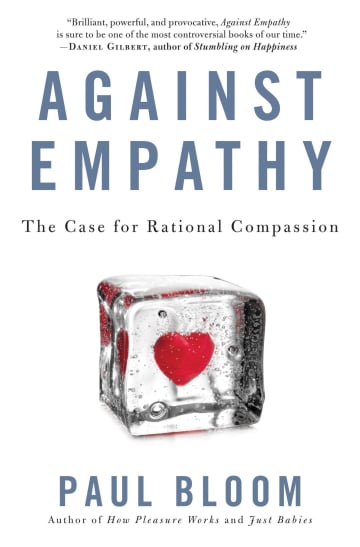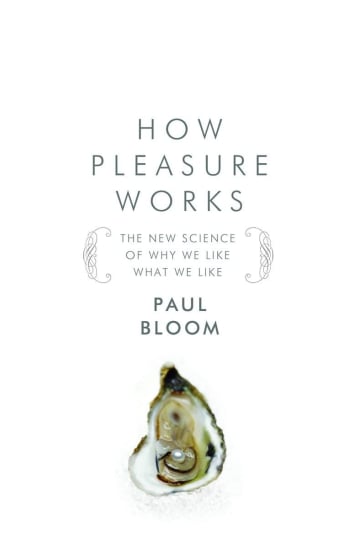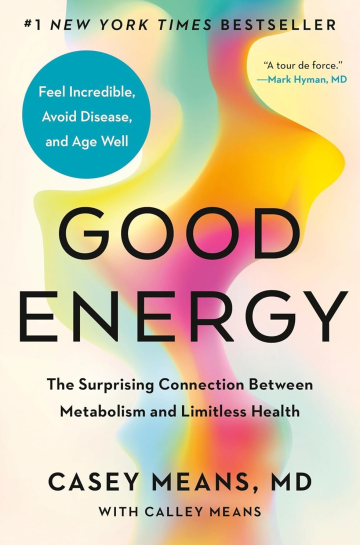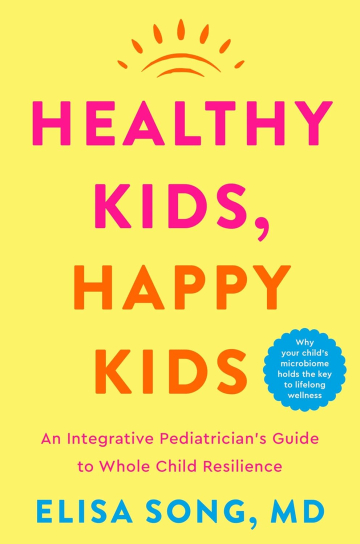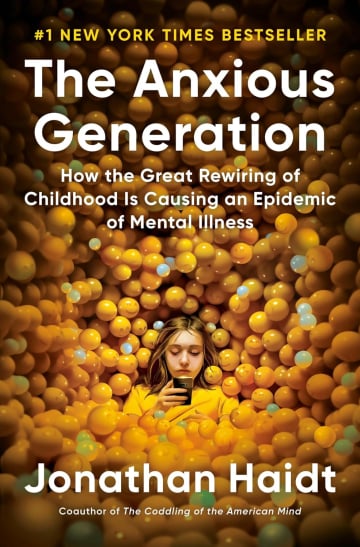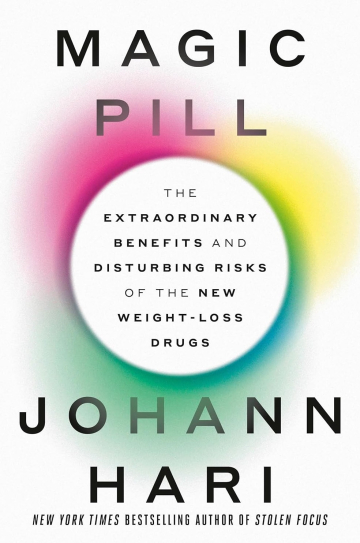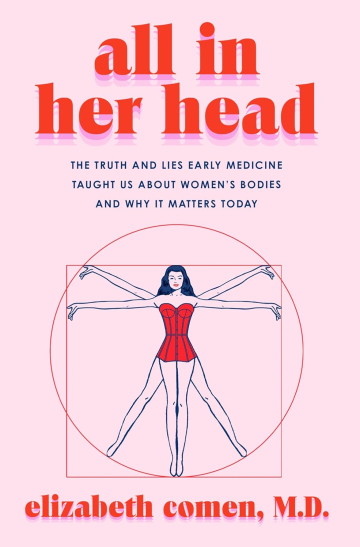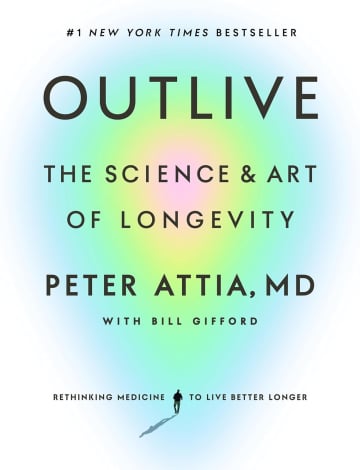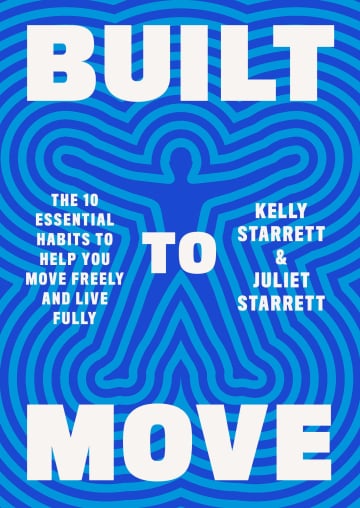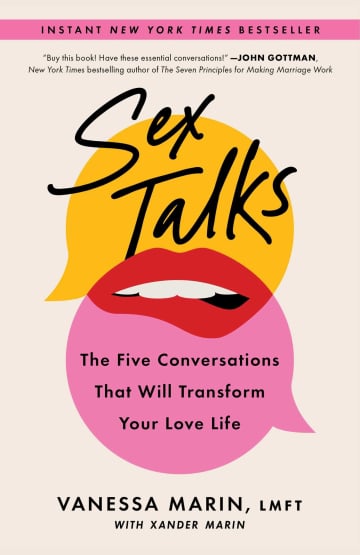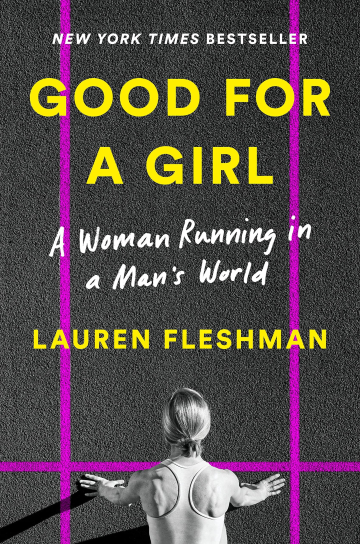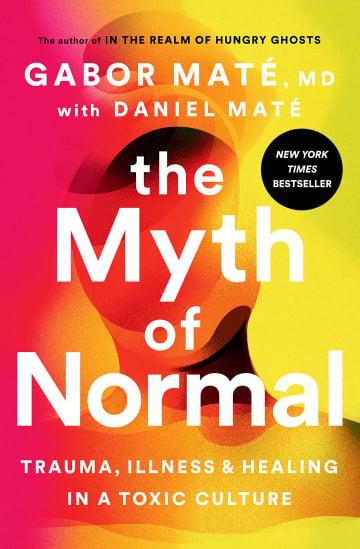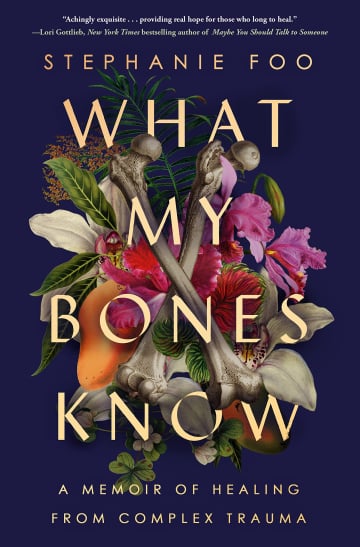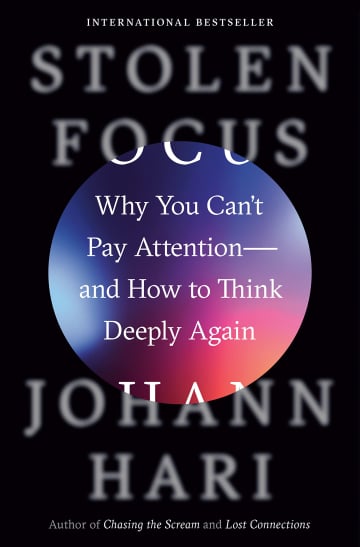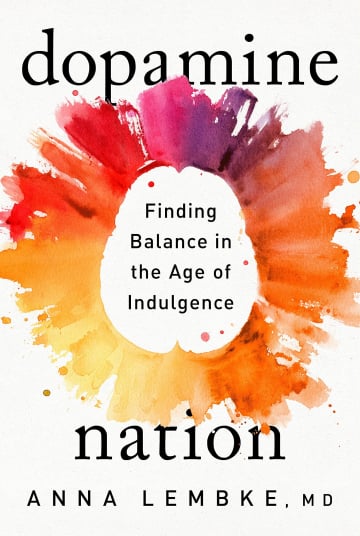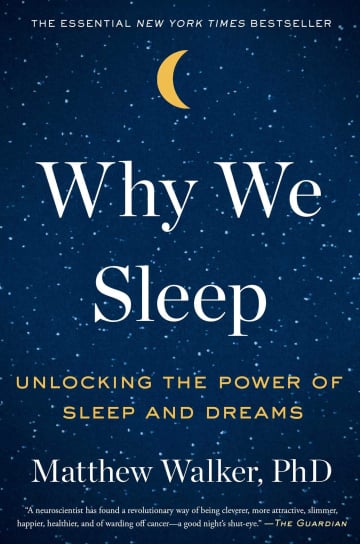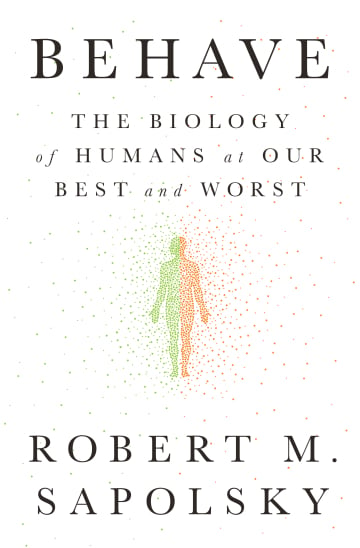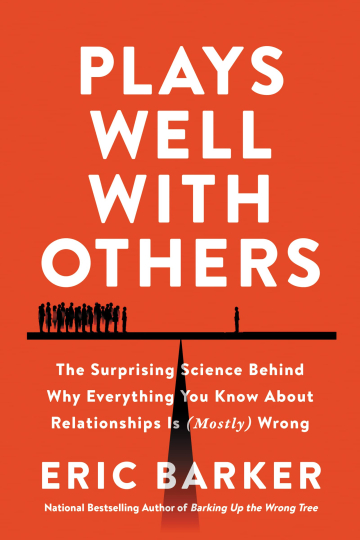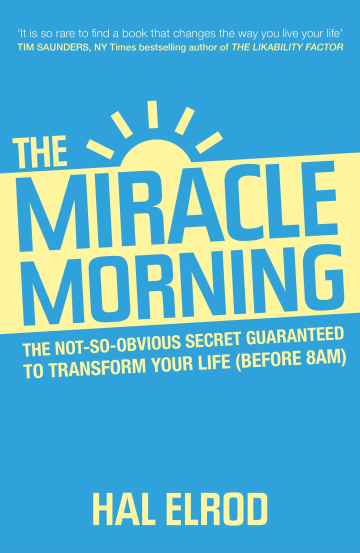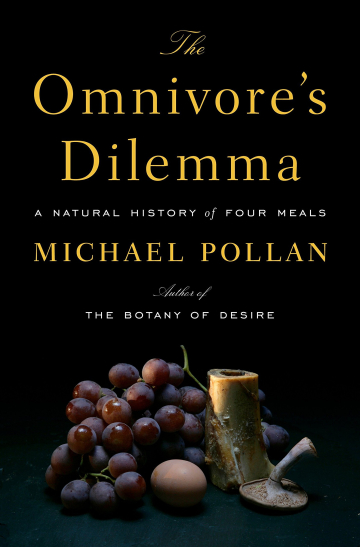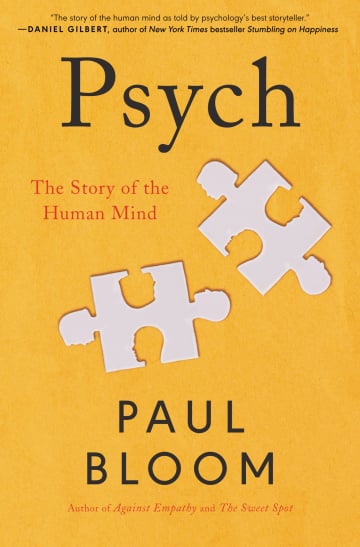
Psych: The Story of the Human Mind
⚡️ 10 Quotes from the book
“The mysteries of space and time turn out to be easier for our minds to grasp than those of consciousness and choice.”
“Dualism has an appealing real-world consequence. If you are not your body, you can survive its destruction.”
“The exercise of getting into the heads of other people, often known as empathy, really falters when we try to make sense of the consciousness of those who are very distinct from us.”
“Behaviorism is all about stimulus and response; how an animal’s experience with its environment shapes its future behavior. To put it another way, it’s about learning.”
“There are societies that don’t have complex mathematics, where people don’t wear much clothing, where all sorts of technology is absent. But no human group lacks language. Now, it would be facile to conclude from this universality that language is part of human nature.”
“One of the great discoveries of psychology, with much help from neuroscience, is the taming of memory—our understanding of its many different parts, their limits, and their powers.”
“Instincts exist because rudimentary versions of these traits and capacities were associated with greater reproductive success.”
“Too much fear really can be a serious problem. But fear is not the mind-killer. It is an adaptation for dealing with threat.”
“Schizophrenia is not the most common mental illness. Only about 1 percent of the world’s population suffers from it. But it might well be the most terrible one.”
“The more you look at the mind and how it works from a serious scientific point of view, the more you appreciate its complexity, its uniqueness, and its beauty.”
Related videos
Ask Albert:
Rate the book
⚡️ Discover Even More Bookish Wisdom
recommends
recommends

